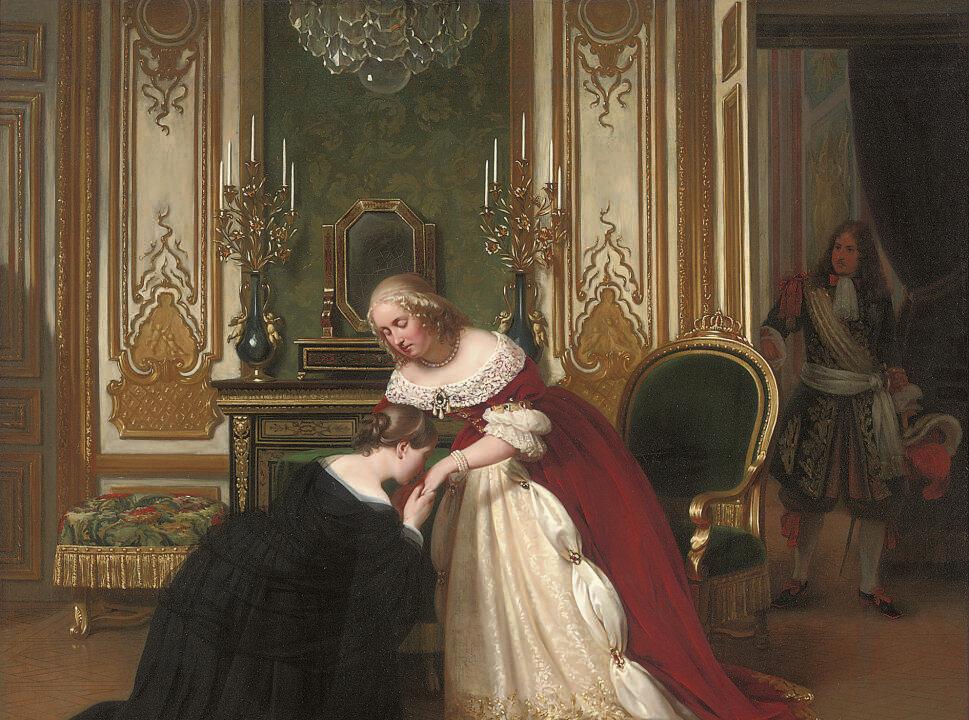Cut into the temple of Apollo at Delphi are the words, “Know thyself.” It’s a simple command to understand, but not a simple one to fulfill. Much of the literature in the West deals with this problem: How can we know ourselves, our real motives, our strengths, our weaknesses, our relationship to others? What are the consequences if we don’t?

The temple of Apollo at Delphi is similarly situated to the fictional Glome, where "Till We Have Faces" takes place. Berthold Werner/CC BY-SA 3.0






